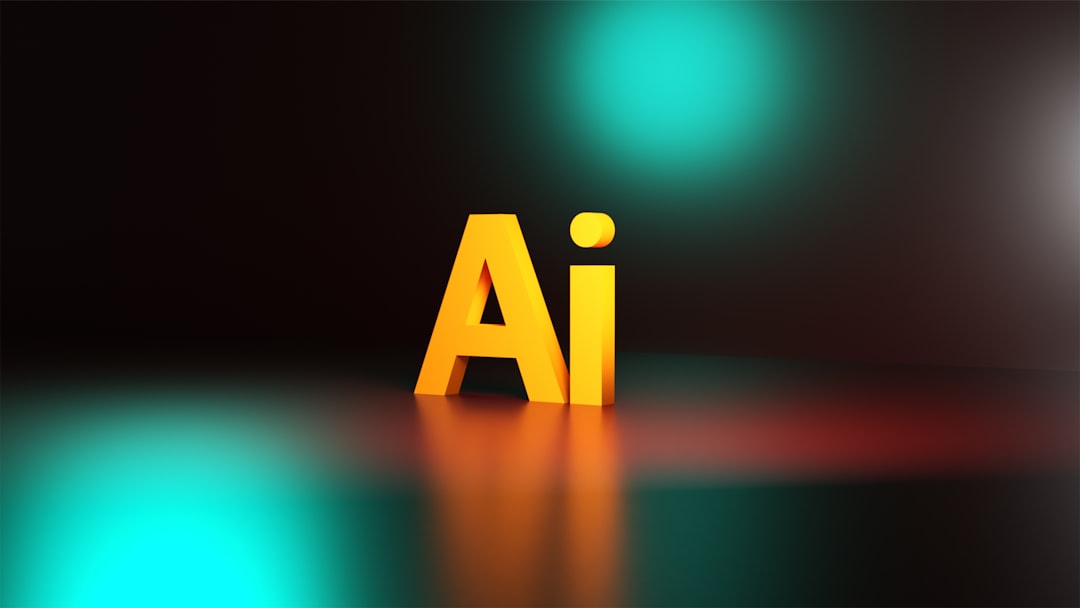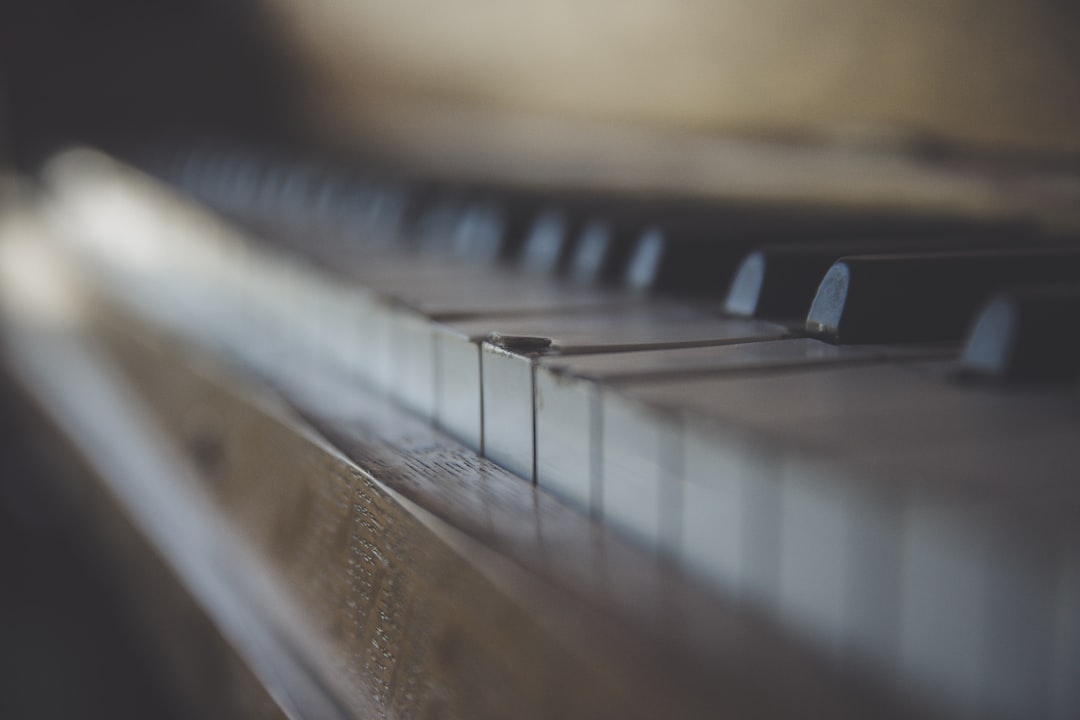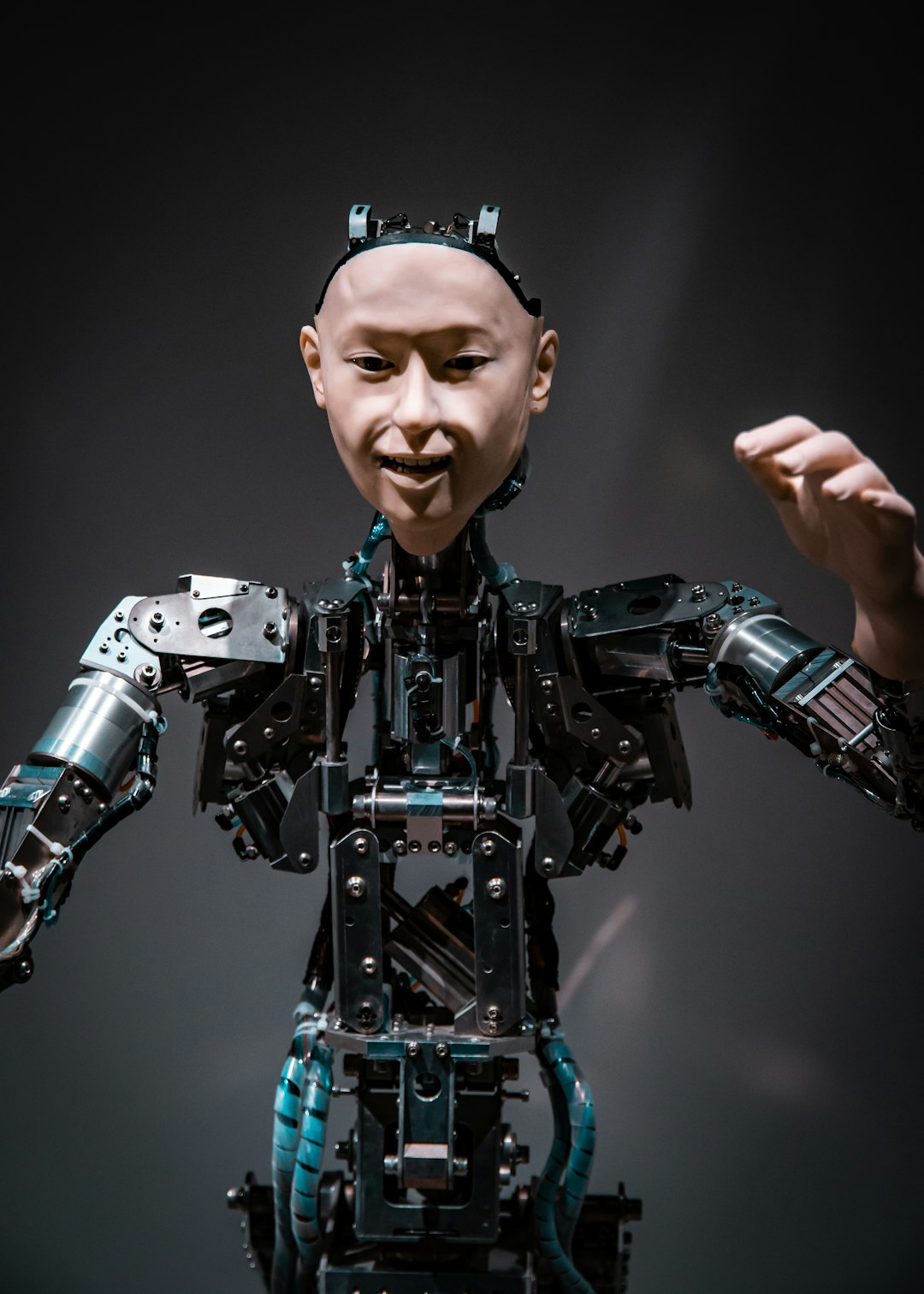Artificial Intelligence (AI) is reshaping countless industries, and the music world is no exception. From composing symphonies to curating playlists, AI-generated music is becoming increasingly sophisticated and prevalent. But as this technology evolves, it brings with it a polarizing question: Is AI a creative ally that expands artistic possibilities, or a disruptive force that threatens the soul of human artistry?
The Evolution of AI in Music
AI-generated music is not an entirely new concept. As early as the 1950s, algorithms were being used to create rudimentary melodies. However, in recent years, thanks to advances in machine learning and deep learning, the field has seen an explosion of innovation. AI systems such as OpenAI’s MuseNet and Google’s Magenta can now compose works in a variety of styles, ranging from classical to jazz to pop, often indistinguishable from human-composed music.
These platforms use vast datasets of existing music to learn patterns, structures, and styles. Once trained, they are capable of producing entirely new compositions. Some artists are now collaborating with these tools to find inspiration or even co-write songs.

How AI is Being Used in Music Today
- Composition: AI tools can create original scores, write backing tracks, or even generate lyrics based on user input.
- Personalization: Streaming platforms use AI to suggest music tailored to user tastes, enhancing the listening experience.
- Production Assistance: AI plugins can help producers correct pitch, adjust rhythm, and recommend arrangements.
- Collaboration: Artists are using AI as a creative partner, feeding it themes or motifs and developing music from its outputs.
These applications are revolutionizing the creative workflow, saving time and broadening the palette of tools available to musicians.
The Pros: Enhancing Creativity
Many in the music industry view AI as an empowering resource. It enables musicians to explore uncharted musical territories and quickly prototype ideas. Independent artists, who may not have access to expensive production resources, gain a valuable assistant to help them compete on the same level as major labels.
AI can also democratize music creation. Tools like Amper Music and AIVA allow anyone — regardless of musical background — to create compelling compositions. For educators and learners, AI provides rich avenues for experimentation and understanding musical theory in action.
The Cons: A Threat to Authenticity?
Despite its promise, AI-generated music raises legitimate concerns. Chief among them is the question of authenticity. Can a composition created by an algorithm truly express emotion, or is it merely mimicking human sentiment?
Additionally, musicians and composers worry about the devaluation of their craft. If companies can churn out endless tracks using AI, the demand for original human-composed music may decline. This would not only affect livelihoods but also the diversity and depth of musical expression.
There’s also the problem of creative authorship. Who owns a song written by AI? Is it the developer of the algorithm, the user who inputted the prompt, or the software company that owns the platform?

Striking a Balance
The answer to whether AI is a friend or foe may lie in how it’s used. When treated as a tool — much like a synthesizer or drum machine — AI has the potential to enhance rather than replace human creativity. Artists who embrace AI as a collaborator rather than a competitor are likely to lead the way in this hybrid future of music.
Some industry figures have begun advocating for guidelines and ethical considerations around AI-generated art. For example, ensuring transparency in labeling music produced with AI assistance could help maintain trust with audiences.
Conclusion
The rise of AI-generated music is not a binary issue of good vs. evil. It’s a nuanced shift that offers both exciting opportunities and difficult challenges. As with any transformational technology, the creative industry must navigate these waters with care, curiosity, and open dialogue.
At its best, AI can serve as a powerful partner in the artistic process. But to preserve the emotional depth and cultural significance of music, it’s crucial that the human touch remains at the heart of every song.



